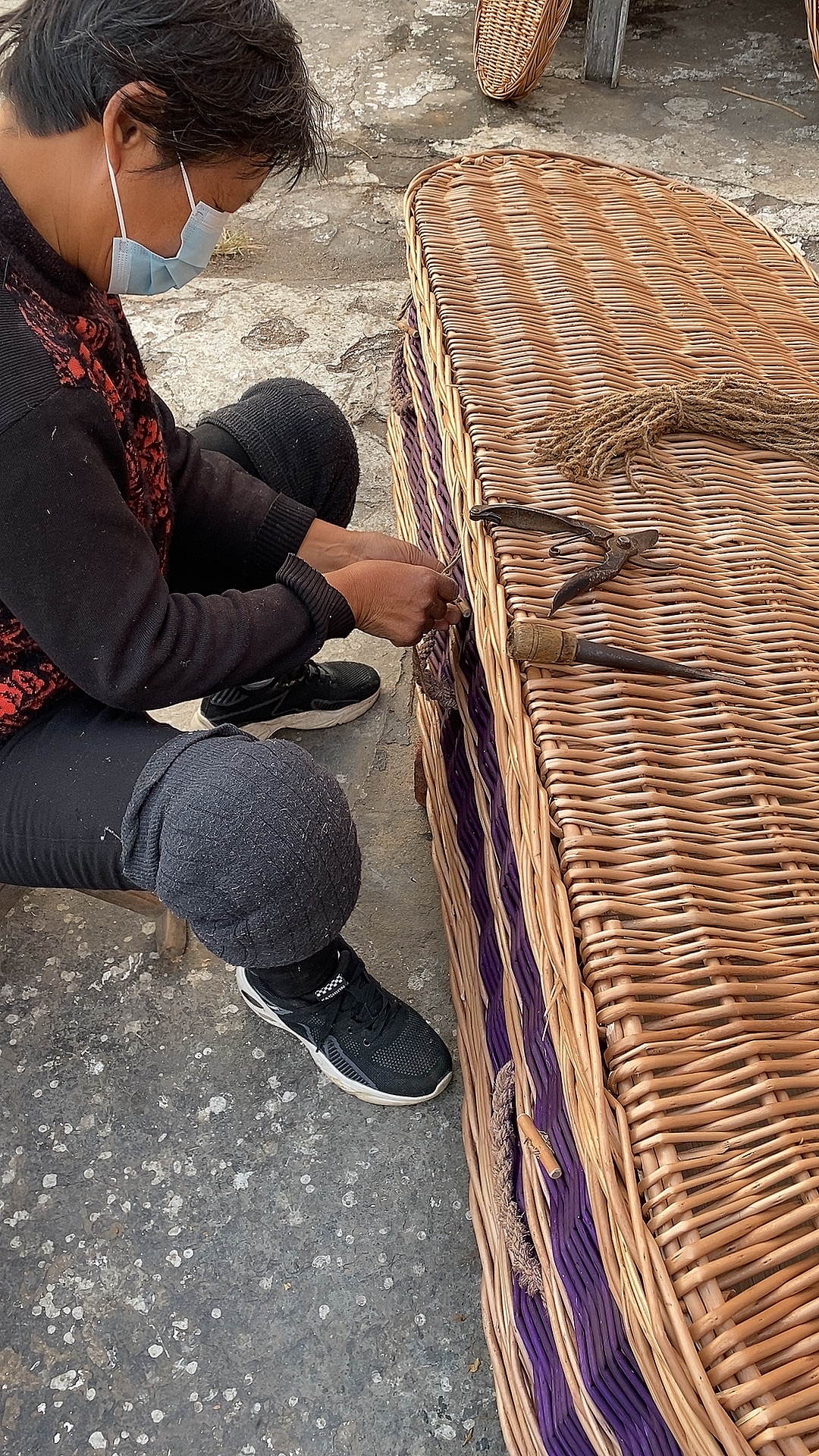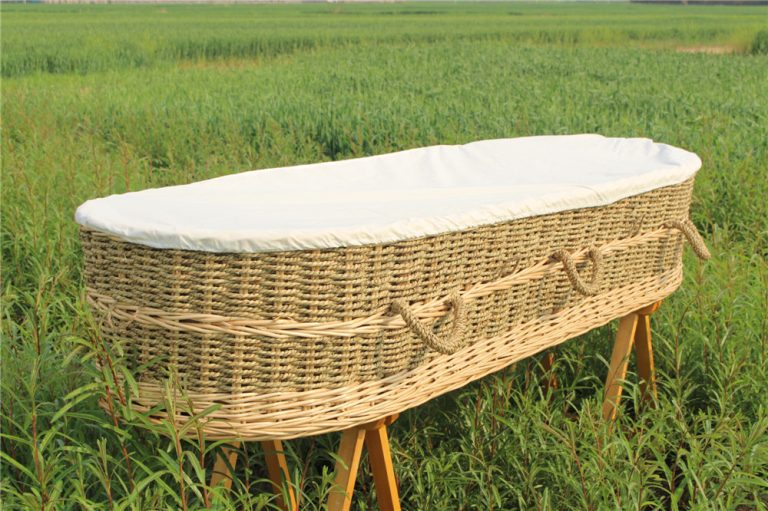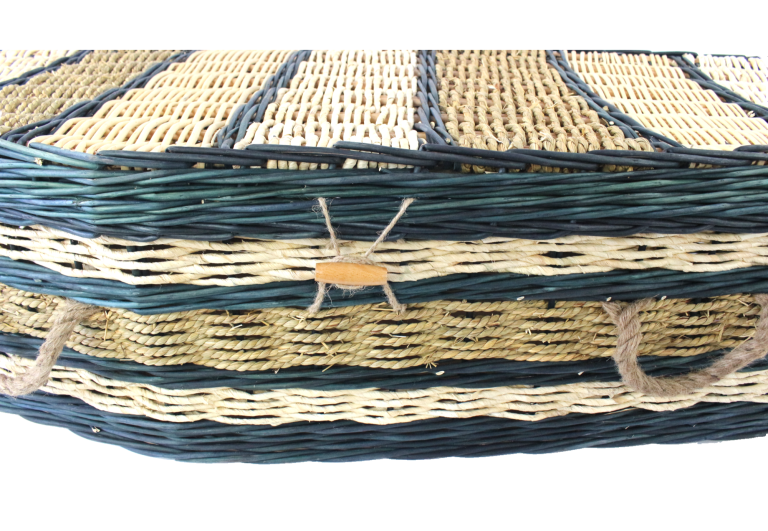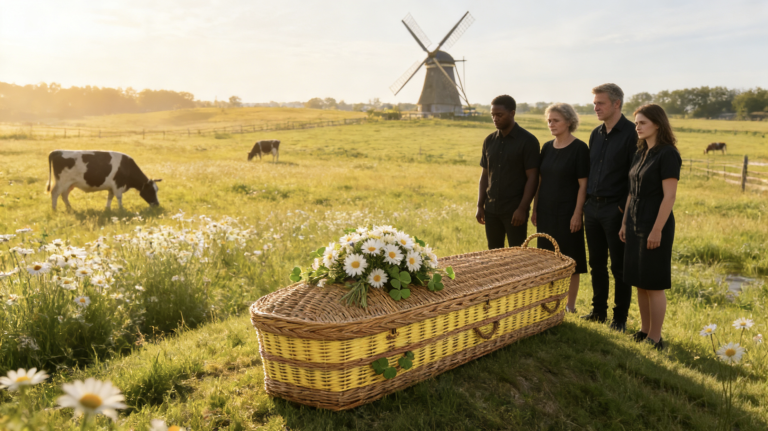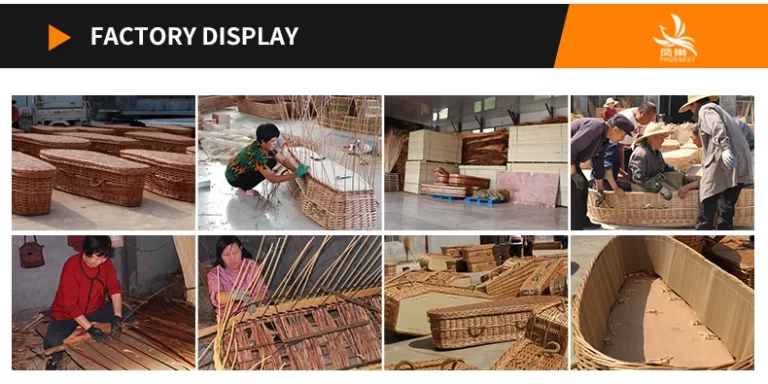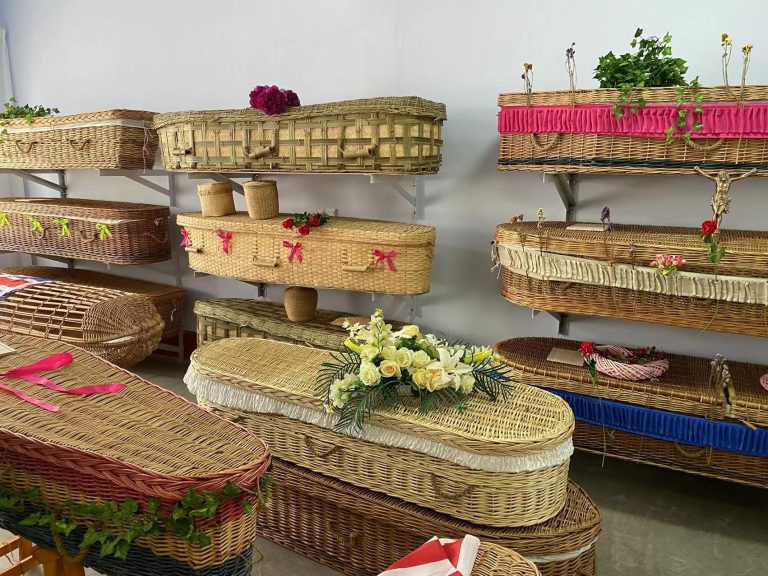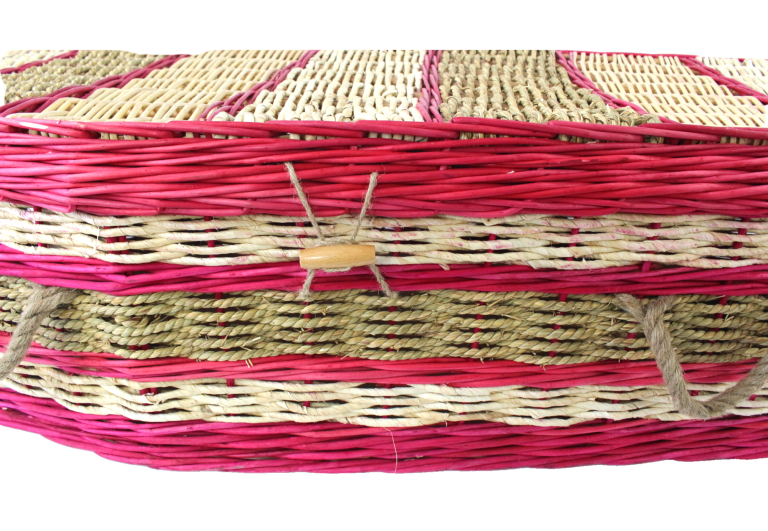In an era where environmental consciousness shapes every aspect of life, even death is undergoing a green transformation. willow coffins, handwoven from the flexible branches of willow trees, represent a sustainable alternative to traditional wooden or metal caskets. These biodegradable vessels not only decompose naturally, returning to the earth without leaving harmful residues, but also embody a gentle, aesthetic farewell that aligns with modern eco-friendly values. As global awareness of climate change intensifies, willow coffins are gaining traction worldwide, driven by the rise of natural burials and sustainable funeral practices.
Their popularity stems from a blend of environmental benefits, cultural shifts, and innovative craftsmanship, with production hubs in China playing a pivotal role.Globally, the demand for willow coffins reflects broader trends in eco-conscious funerals. In the United Kingdom, where natural burial sites have proliferated since the 1990s, willow coffins are favored for their minimal ecological footprint.
They allow for burials in woodlands or meadows, promoting biodiversity and soil health by avoiding embalming chemicals and non-degradable materials.
Similarly, in Canada and Australia, families opt for these coffins to honor loved ones while contributing to wetland restoration, as willow trees excel at absorbing excess nutrients and purifying ecosystems.
In the United States, the sustainable casket market is projected to grow significantly by 2031, with willow options appealing to those seeking personalized, low-impact memorials amid rising concerns over deforestation and resource depletion.
European countries like Germany and the Netherlands have integrated willow coffins into green cemeteries, where regulations encourage biodegradable materials to reduce carbon emissions from cremations or traditional burials.
This shift is not just environmental; it’s emotional, offering a softer, more organic vessel that evokes nature’s embrace, contrasting the starkness of conventional coffins.
At the heart of this global movement lies China, particularly the factories(like Phoenixnest coffins) in Linshu County, Linyi City, Shandong Province—the undisputed epicenter of willow coffin production. Known as the “willow Town,” Linshu boasts a willow -weaving heritage spanning over 1,000 years, evolving from traditional baskets to intricate funeral wares.
The region’s fertile soils and abundant willow plantations, covering vast areas, make it one of the world’s largest willow -producing hubs.
Local factories, such as those in Qingyun Town, specialize in exporting thousands of units annually, supplying markets in Europe, North America, and beyond.
These source factories emphasize sustainable harvesting: willow s are fast-growing, renewable resources that regenerate quickly without pesticides, ensuring minimal environmental impact.
The production process in Linshu’s factories is a testament to skilled artisanship blended with efficiency. It begins with harvesting mature willow branches, which are soaked in water to enhance flexibility.
Artisans then weave them into sturdy frames using age-old techniques, often incorporating natural linings from biodegradable materials like cornstarch-derived fibers.
The entire process is labor-intensive yet eco-friendly, avoiding heavy machinery or chemicals that plague conventional casket manufacturing.
Linshu’s Roconly crafts factories produce a variety of designs, from simple oval shapes to ornate patterns, catering to diverse cultural preferences while maintaining high standards for durability and aesthetics.
This expertise has positioned China as a leader in the global supply chain, exporting over 20,000 units yearly from key producers in the area.
Beyond production, Linshu’s role highlights ethical considerations in the coffin industry. While global supply chains sometimes face scrutiny for exploitation, Linshu’s model focuses on fair labor and community benefits, supporting local economies through willow cultivation and craftsmanship.
As demand surges, these factories are innovating with hybrid materials, blending willow with seagrass for enhanced sustainability.
In conclusion, willow coffins symbolize a harmonious bridge between life, death, and the planet. From Linshu’s bustling factories to green burial grounds worldwide, they offer a profound, eco-positive choice. As societies prioritize sustainability, this ancient Chinese craft is poised to redefine funerals globally, ensuring that our final rest nurtures the earth for generations to come.#phoenixnestcoffins #burialflowerbands #naturalfuneral #flowerbands #greenfuneral #natrualburial #burial #woodcross #shrouds #cremation #funeral #craftsmanship #china #factory @everyone